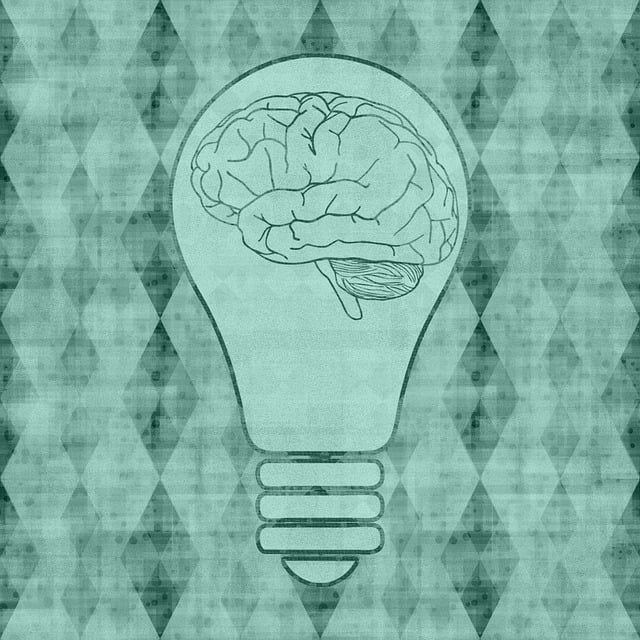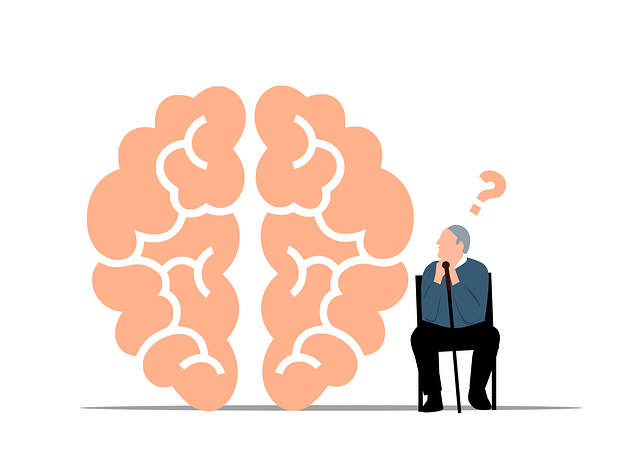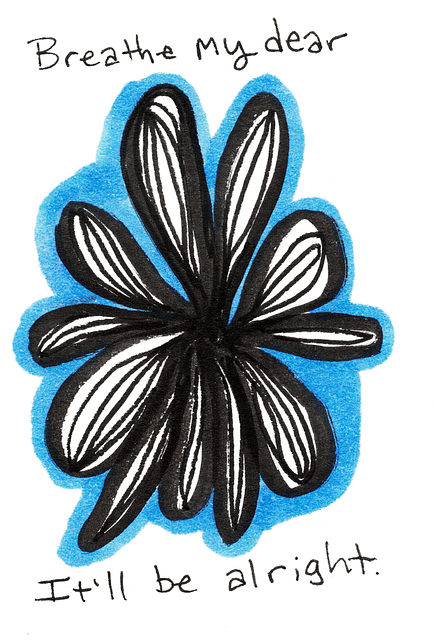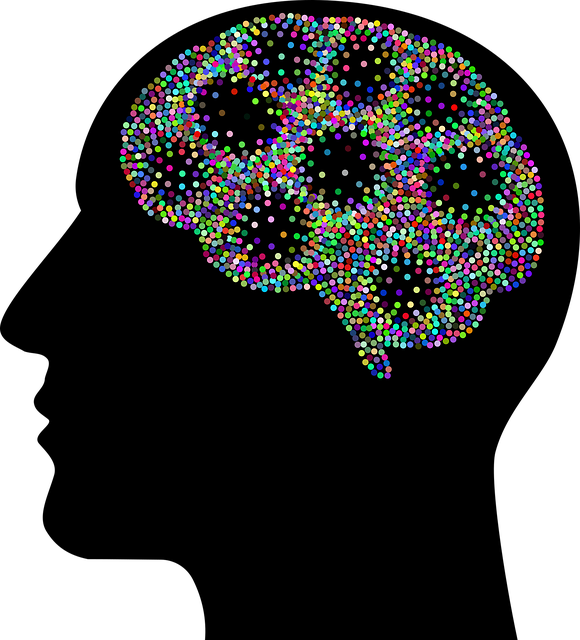Mental wellness programs, including therapy for couples counseling, rely on rigorous evaluation methods combining quantitative data (questionnaires, attendance rates) and qualitative feedback (interviews, focus groups) to measure success. This approach allows for a holistic assessment of program effectiveness, ensuring safety and tailoring interventions to clients' unique needs. By integrating these methods, professionals can enhance overall mental wellness through evidence-based practices in specialized areas like couples counseling, fostering open communication, empathy, and improved relationship quality.
In today’s fast-paced world, mental wellness programs have become essential tools for fostering resilience and enhancing relationships. This article explores various evaluation methods to ensure the effectiveness of therapy, with a specific focus on Couples Counseling. We delve into understanding these programs, examining unique approaches like Couples Counseling, and assessing their impact through rigorous measurement techniques. By exploring these methodologies, individuals seeking therapy for couples counseling can navigate options and make informed decisions toward improved mental wellness.
- Understanding Mental Wellness Programs
- Evaluation Methods for Effective Therapy
- Couples Counseling: A Unique Approach
- Measuring Success and Impact Assessment
Understanding Mental Wellness Programs

Mental wellness programs are designed to support individuals and communities in maintaining or improving their psychological well-being. These initiatives can take various forms, including individual therapy sessions for personal growth and counseling, couples’ counseling to fortify relationships, and group therapy settings where individuals share experiences and learn from one another. The effectiveness of these programs largely hinges on thorough evaluation methods that measure both subjective improvements in mental health and objective markers of well-being.
Understanding the nuances of different mental wellness interventions, such as those focused on stress management workshops or public awareness campaigns development, is crucial for evaluating their impact. Additionally, risk assessment for mental health professionals plays a significant role in ensuring the safety and efficacy of these programs. By combining qualitative feedback from participants with quantitative data, evaluators can gain a comprehensive view of program success, identify areas for improvement, and ultimately contribute to evidence-based practices that enhance overall mental wellness.
Evaluation Methods for Effective Therapy

When evaluating the effectiveness of therapy for couples counseling, several robust methods can help assess progress and outcomes. One key approach involves utilizing standardized assessment tools designed to measure specific aspects of relationship dynamics and individual well-being. These tools often include questionnaires or surveys that gage levels of satisfaction, conflict resolution skills, emotional intimacy, and overall relationship quality. By comparing pre- and post-intervention scores, therapists can quantify the positive changes experienced by the couple.
Additionally, qualitative methods such as in-depth interviews or focus groups provide deeper insights into clients’ experiences. This allows individuals to express their perceptions of therapy’s impact on their emotional regulation, anxiety relief, and burnout prevention. Through these evaluations, therapists gain valuable feedback, enabling them to tailor their approaches and ensure the intervention aligns with the unique needs of each couple.
Couples Counseling: A Unique Approach

Couples counseling offers a unique approach to mental wellness by focusing on the dynamic between two individuals in a relationship. Unlike individual therapy, this method recognizes that emotional and psychological issues often manifest within the context of interpersonal connections. By bringing both partners together, couples counseling facilitates open communication, fostering an environment where empathy building strategies can be effectively implemented. This collaborative process encourages active listening, strengthens bonds, and promotes understanding, thereby enhancing emotional intimacy and reducing conflicts.
Through structured sessions guided by a trained therapist, couples counseling delves into the roots of stress, anxiety relief becomes more attainable. The practice leverages mind over matter principles to help partners challenge negative thought patterns and replace them with healthier perspectives. By learning effective coping mechanisms and conflict resolution skills, couples can navigate life’s challenges together, cultivating resilience and enhancing overall mental wellness.
Measuring Success and Impact Assessment

Measuring success and impact is a crucial aspect of evaluating any mental wellness program. It involves assessing the effectiveness of interventions aimed at improving individuals’ psychological well-being, including therapy for couples counseling. Several methods can be employed to gauge progress and outcomes. One approach is through client feedback and satisfaction surveys, which provide valuable insights into their experiences and perceived benefits. These assessments allow participants to voice their opinions on the program’s overall quality, specific therapeutic techniques used, and their personal growth.
Additionally, quantitative data collection methods, such as tracking attendance rates, completion percentages of therapy sessions, and pre-post assessment scores, offer measurable indicators of success. For example, Self-Awareness Exercises can be evaluated by measuring clients’ self-reported improvements in emotional regulation, communication skills, and conflict resolution techniques learned during counseling. Risk Assessment for Mental Health Professionals is also essential to ensure client safety and program effectiveness. By combining qualitative and quantitative data, mental health professionals can gain a comprehensive understanding of the program’s impact and make informed decisions for continuous improvement, particularly in specialized areas like couples counseling.
Evaluating mental wellness programs, particularly therapy for couples counseling, is crucial for ensuring their effectiveness. By employing diverse assessment methods, from qualitative feedback to quantitative metrics, we can gauge the success and impact of these programs. Understanding the unique needs of each couple allows professionals to tailor interventions, fostering positive outcomes. In summary, ongoing evaluation enables continuous improvement in therapy for couples counseling, ultimately enhancing mental wellness and relationship satisfaction.













